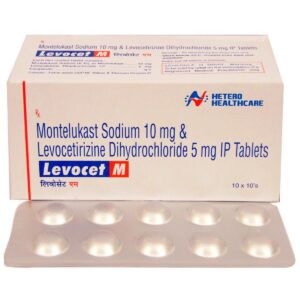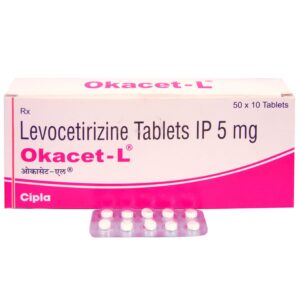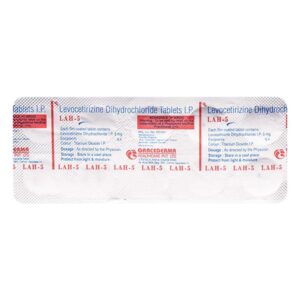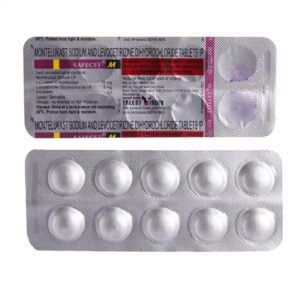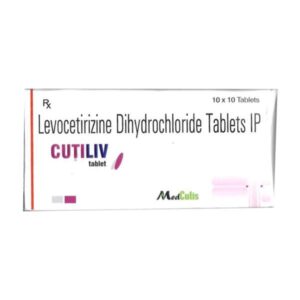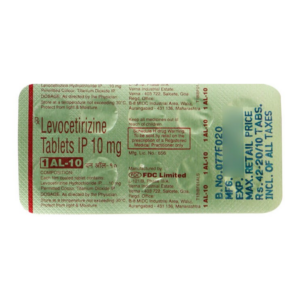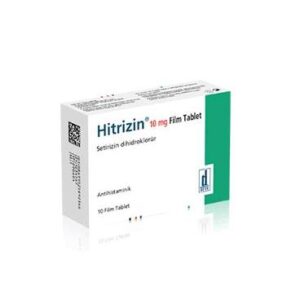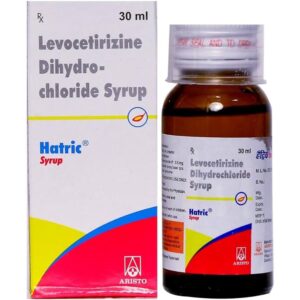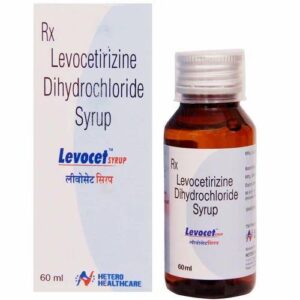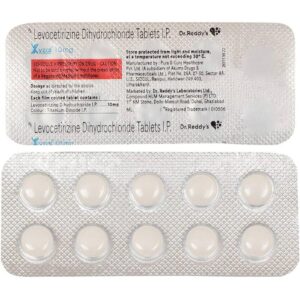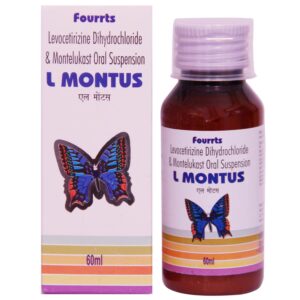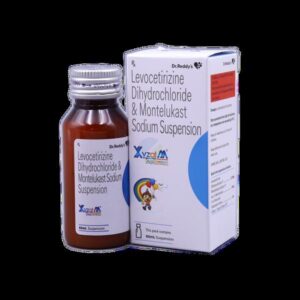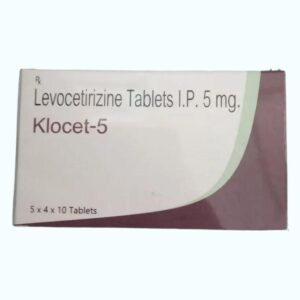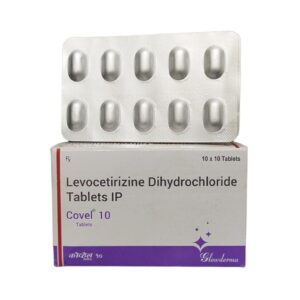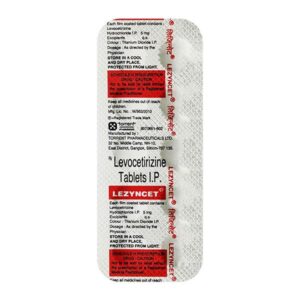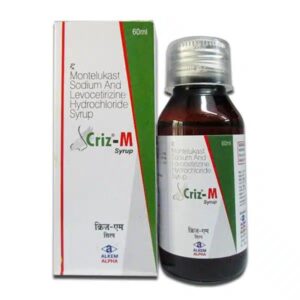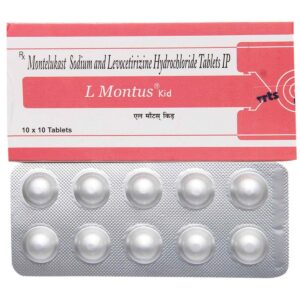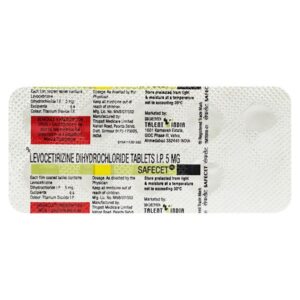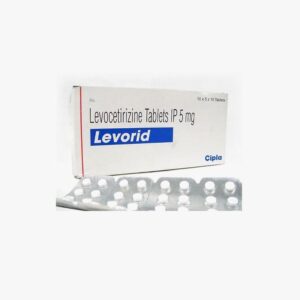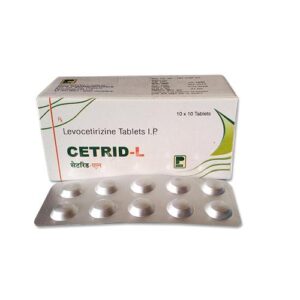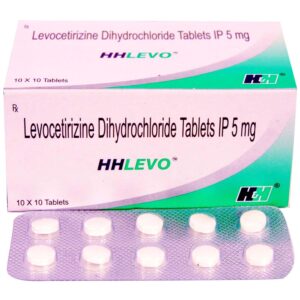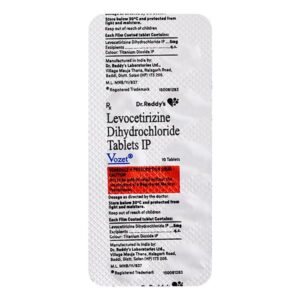LEVOCETIRIZINE
LEVOCETIRIZINE: Levocetirizine is an antihistamine drug that is primarily used to relieve symptoms of allergic rhinitis (hay fever) and chronic urticaria (hives). It is a second-generation antihistamine and is available as both prescription and over-the-counter medication.
The drug works by blocking the action of histamine, a substance produced by the body during an allergic reaction. By blocking histamine receptors, levocetirizine helps to alleviate symptoms such as sneezing, runny nose, itchy/watery eyes, and skin rashes caused by allergies.
The usual recommended dose of levocetirizine for adults and children over 12 years old is 5 mg once daily. For children between 6 to 11 years old, the recommended dose is 2.5 mg once daily. The drug can be taken with or without food, and the dosage may need to be adjusted for individuals with kidney problems.
Common side effects of levocetirizine include drowsiness, fatigue, dry mouth, headache, and increased appetite. These side effects are usually mild and do not require medical attention. However, if severe side effects like difficulty breathing, fast/irregular heartbeat, or severe dizziness occur, immediate medical attention should be sought.
Levocetirizine may interact with certain medications or substances such as alcohol, sedatives, and CNS depressants. It may increase the sedative effects of these substances, leading to increased drowsiness and impairment. Therefore, it is advisable to avoid alcohol and check with a healthcare professional before taking levocetirizine if you are currently taking other medications.
Overall, levocetirizine is an effective antihistamine used to treat allergies and reduce symptoms of allergic rhinitis and chronic urticaria. It is important to follow the recommended dosage and discuss any concerns or potential interactions with a healthcare professional.

